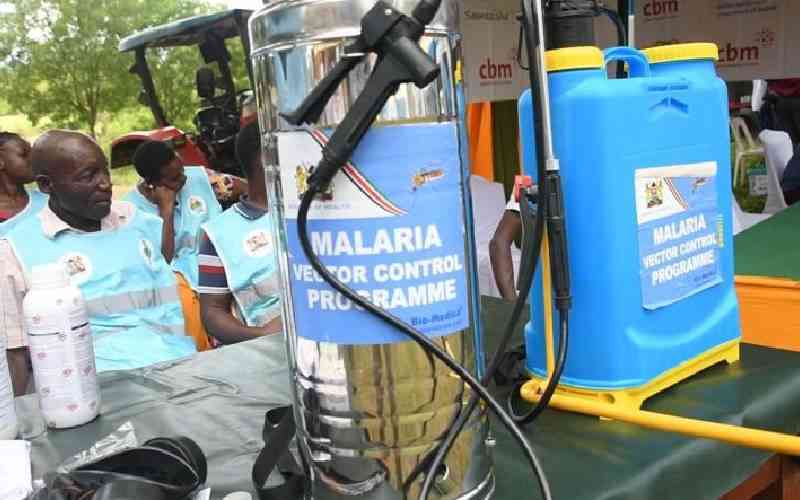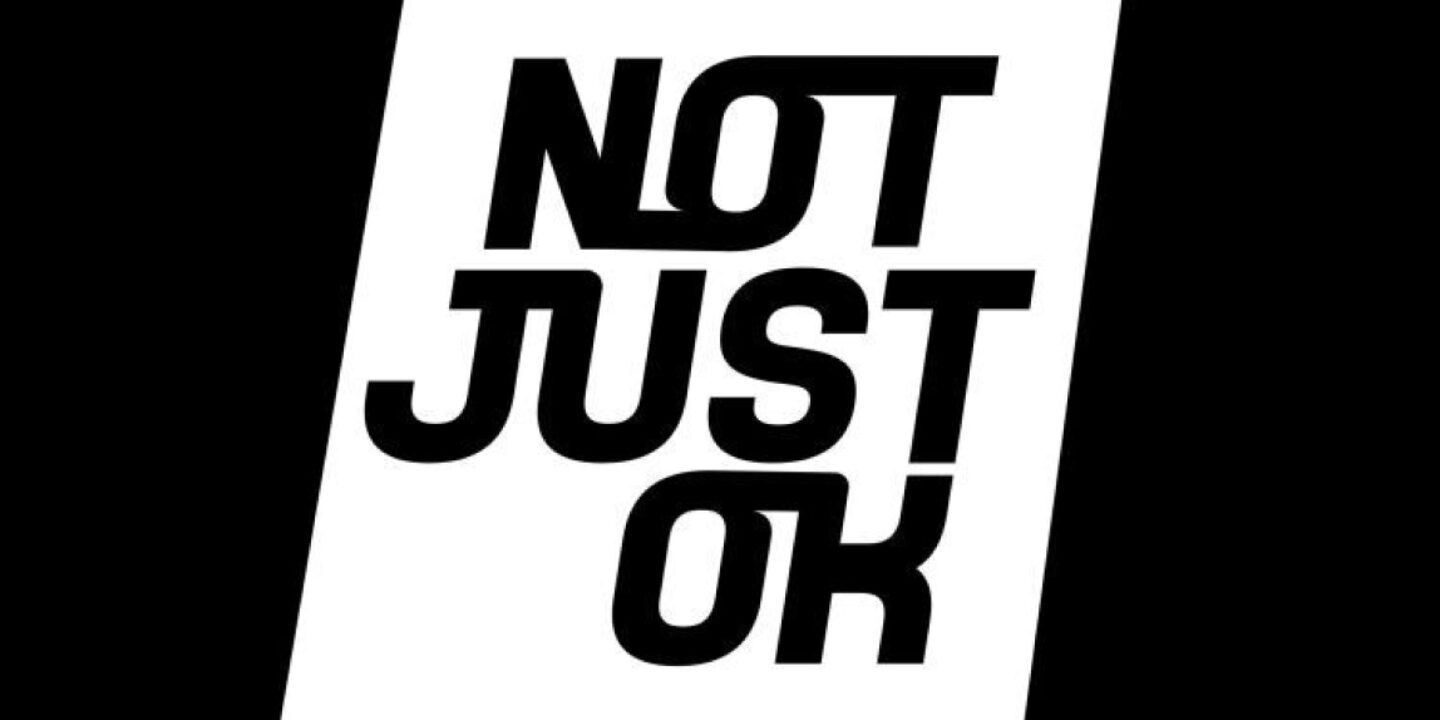Killer counterfeits: How fake malaria drugs claim 100,000 lives every year

In April 2024, Benson Wambugi*, a farmer in Kieni, Nyeri, spent weeks battling a persistent fever and body aches. The rains had been heavy, and he suspected he had contracted malaria. He walked to the small pharmacy near his home.
The pharmacist was a young man with no formal medical training. After listening to Wambugi, the pharmacist handed him a pack of pills. “These are effective and affordable,” the pharmacists said. The packaging mimicked the real ones but was counterfeit. His condition worsened. Only at a local clinic did he get the right medication.
Wambugi’s case is far from isolated and awareness about counterfeit drugs remains low among the population. In Kenya, where over 70 per cent of medicines are imported, a fragmented distribution network and rising cases of fake drugs are exposing patients to life-threatening risks.
Some of the factors that fuel the illegal pharmaceutical market in Africa include limited access to affordable medicines, supply chain gaps, and the unchecked rise of street markets where unverified drugs are sold.
In Kenya, such parallel networks have grown in areas with poor regulatory reach, endangering lives and reducing trust in the formal healthcare system.
According to a newly released white paper, the use of falsified antimalarials is causing over 100,000 deaths in Africa. The Publication by CFAO, a pharmaceutical distributor in Africa and the OPALS Foundation shows that one in three medicines circulating in Africa may be fake.
The document says most counterfeit drugs in Africa are those considered essential such as antibiotics, HIV-Aids antiretrovirals, antimalarials, pain killers, and opioids. So widespread is the distribution of fake medicines that it ranks higher than drug trafficking in terms of financial returns.
Study: Fake malaria drugs risking lives
The falsified medicines market is estimated to be worth US$200 billion and chops off eight per cent of Africa’s GDP in uncollected taxes.
“The trafficking of falsified medicines is 20 to 45 times more profitable than drug trafficking and kills 700,000 people worldwide each year. While its share is estimated at around 10 per cent globally, the situation is much more alarming in Africa, where these products account for up to 30 per cent of medicines in circulation, and as much as 60 to 80 per cent in some conflict zones,” says the report.
The white paper titled “Securing the Medicine Distribution Network in Africa” indicates that women in Africa are excessively exposed to fake medicine, being 130 times more likely to die from complications related to pregnancy or childbirth than European and North American women.
For economic, geographical or cultural reasons, or due to the unavailability of quality medicines in pharmacies, many African women result to the informal market posing an immense and intolerable risk to them. For example, ‘Sofia’, a birth control pill that was banned in Kenya ten years ago is still available to women through the unregulated market. The drug is said to contain extra hormones that predispose women to blood clots and heart disease.
The CFAO white paper raises awareness on the critical role of official medicine distribution networks across Africa, and specifically in Kenya, exploring key actors, existing frameworks, and highlighting the urgent need for a reliable, traceable supply chain to guarantee the integrity of medicines reaching patients.
: Experts raise the alarm over drug resistance in malaria treatment
Stay informed. Subscribe to our newsletter
“The medicine distribution crisis in Africa is not just a supply chain issue but a matter of life and death. While Kenya is doing well because of a strong private sector, this white paper is a call to action. We must strengthen official channels and empower local health systems to better protect their people,” said Ken Accajou, deputy chief executive officer, CFAO Healthcare and head of English and Portuguese-speaking Area Retail.
The report uses data, expert analysis, and testimonials from across the healthcare ecosystem including government agencies, pharmacists, non-governmental organisations, and medical laboratories. Resulting insights are aimed at driving actionable change and fostering a safer, more accessible and efficient pharmaceutical system for all.
Gavin Pearson, head of CFAO Healthcare Kenya, says the country has made great strides in healthcare despite the challenges of fighting counterfeits. “By bringing together government, regulators, and private sector players, we can build a safer and more transparent pharmaceutical supply chain,” said Pearson.
With only 30 per cent of medicines used in Kenya manufactured locally, pharmaceutical manufacturing offers significant economic and public health benefits, including strengthened supply chains and reduced exposure to substandard and falsified medicines.







